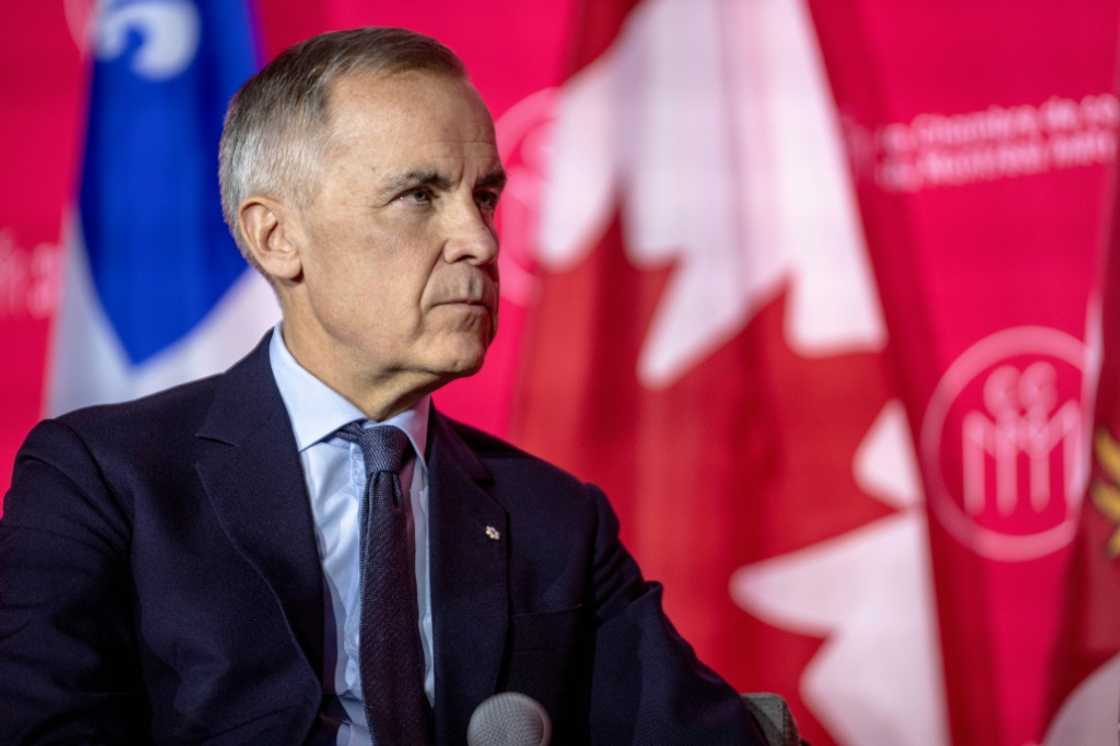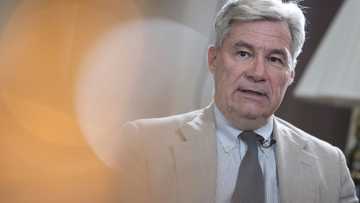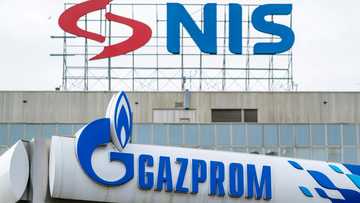Fate of Canada government hinges on tight budget vote

Source: AFP
Canadian Prime Minister Mark Carney's Liberal government faced potential collapse on Monday, with parliament set to vote on a budget he insists is essential to kickstart the country's tariff-battered economy.
But hours ahead of the decisive vote in parliament, Liberals voiced optimism that parliament would approve Carney's spending package and avert a snap election.
Carney was elected to a full term in April to stare down US President Donald Trump's protectionist tariffs, but his Liberal Party fell just short of a majority.
To pass the budget, the Liberals required support from two opposition lawmakers -- or get abstentions.
They secured at least one opposition vote on Monday, when the lone Green Party lawmaker, Elizabeth May, confirmed she would side with the Liberals, after Carney promised that Canada would meet its commitments under the Paris Climate Accords.
Carney has said the budget offers a "generational" opportunity to invest in Canada's economic future, bolstering self-reliance and reducing dependence on trade with the United States.
"Now is not the time to be cautious, because fortune favors the bold," Carney said last week.
Opposition leader Pierre Poilievre has panned Carney's deficit-expanding proposals, insisting that his entire Conservative caucus will vote against what he calls a "credit card budget."
Even if the Conservatives unanimously vote no, the Liberals could still squeak by.
The left-wing New Democratic Party -- which performed dismally in April's election, has no permanent leader, and is in financial debt -- may prove reluctant to force Canadians back to the polls.
NDP lawmakers were quiet about their voting intentions on Monday.
Ahead of the vote, multiple Liberal lawmakers told reporters they had reason to be encouraged.
"I don't see any universe in which the government falls," Sean Casey, who represents a constituency in the Atlantic Prince Edward Island province, said.
"I'm pretty confident we're still going to be here later this week."
Justice Minister Sean Fraser said he was "optimistic."
"Nobody at all is looking to send us back to the polls."
Tariff pain
Carney has maintained that aggressive deficit spending is necessary to offset the damage caused by the Trump administration's trade policies.
The vast majority of bilateral trade remains tariff-free -- under the terms of the existing North American trade pact -- but Trump's levies targeting key sectors like autos, aluminum, and steel have hit Canada hard.
Carney said estimates indicated that "US tariffs and the associated uncertainty will cost Canadians around 1.8 percent of our GDP."
The prime minister, a former central banker, has said investments in Canada's military and infrastructure will help improve economic sovereignty, repeatedly warning that relations with the United States are not going to return to a pre-Trump normal.
"It is a time to get big things done for Canadians, and get them done fast."
Appetite for elections?
The budget has faced sharp criticism, including over a near doubling of the deficit from last year, reaching Can$78.3 billion (US$55.5 billion).
The NDP has raised alarm about a lack of support for workers while the Bloc Quebecois, which promotes independence for the French-speaking province, has called the budget "a Liberal deficit with Conservative ideas."
But polls show that a majority of Canadians do not want new elections so soon after the last round.
A November survey from the Leger firm said only one in five Canadians wanted an election now or "as soon as possible."
Half of Canadians surveyed by Leger said they were satisfied with Carney's leadership, and his job approval rating stood at 52 percent.
In multiple head-to-head surveys, the prime minister is comfortably beating Poilievre.
Source: AFP




